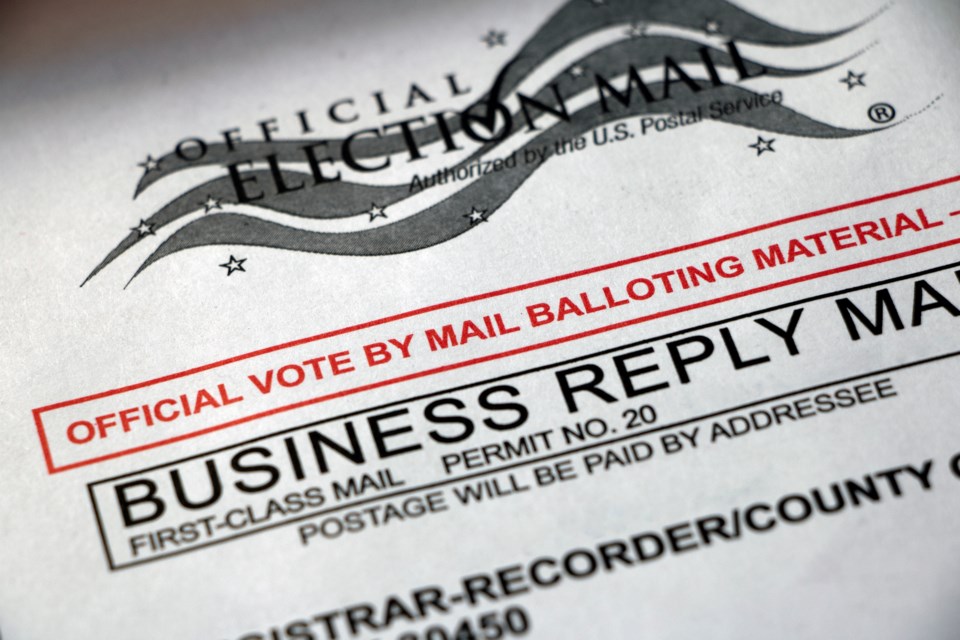The failure of Senate Republicans to vote for Trump's impeachment this past Saturday can be blamed on only one thing: political cowardice. It's not that senators who voted not guilty were unpersuaded by the evidence; minority leader Mitch McConnell (R-Tenn.) stated as much after the vote. The argument that impeachment was unconstitutional was always flimsy at best and looks now like the political cover it was meant to be. It seems obvious the reason for the not guilty votes was fear of retribution from Trump and his supporters. The fear was not misplaced.
The party primary process in most states is dominated by the extremes of each major party. The primary system has truly undermined the election process in general such that in states or districts considered safe for one party or the other, the general election is meaningless and it is the primary election that decides who will be the officeholder, disenfranchising anyone not in the dominant party of that jurisdiction (because they can't vote in the primary) as well as voters in the general election who may fear their votes will be "wasted" on the less viable candidate.
States like Colorado have seen the folly of this system and have taken steps to change it for the better. The current primary system in Colorado that allows for non-affiliated voters to participate in the party primary is a step forward but does not go far enough. Voters can still only vote for one party's candidate and as the two major parties are the only ones to usually have primaries, third parties continue to be locked out. A truly open primary system would allow any candidate to run and any voter to participate (regardless of party affiliation of either). The five candidates who get the most votes, regardless of party affiliation, go to the general election. In the general election, a voting procedure called ranked-choice voting would be used to choose a candidate. Ranked-choice voting, also known as "instant runoff," lets voters rank who is their first choice, second choice, etc. If a candidate does not get 50% plus one on the first round, the candidate with the least votes is dropped and those voters that had the dropped candidate as their first choice then have their vote transferred to whomever is their second choice. This process repeats until a candidate has a majority of all the votes.
Such a reform (sometimes called "Top 5 plus RCV") would diminish or eliminate the influence of extreme party factions, incentivize candidates to attract voters beyond their base, and widen the spectrum of choices for voters. So instead of officeholders taking votes out of fear of retribution from extreme party factions, they can vote their conscience, which would have altered what happened with the second impeachment.
Anthony Maine,
Longmont



